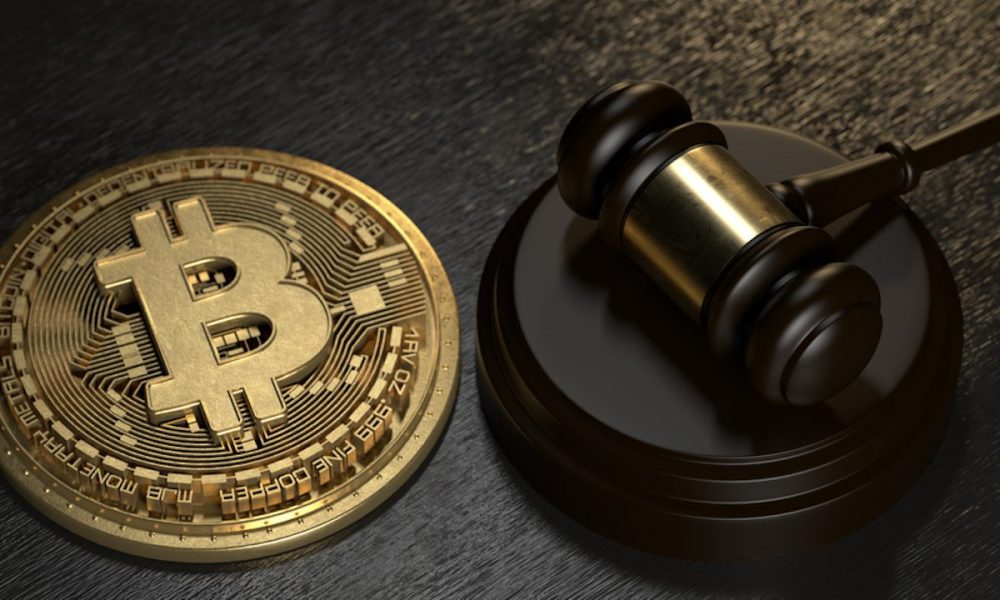A Texas state bill that would limit Bitcoin miners’ participation in cost-saving grid programs failed to pass a committee in the state House of Representatives. So the progress of the cryptocurrency law has stalled. Bill SB 1751 passed unanimously in the state Senate in April. The bill would limit Bitcoin miners’ participation in the program, where they get paid as loans to cease operations when the power grid sees demand, to 10 percent, and remove tax breaks for the industry. Here are the details…
Cryptocurrency bill in limbo for 19 months
The legislative session in Texas ended on Monday. Many major bills, including those related to cryptocurrency, remained unresolved for potentially 19 months. Texas operates according to a biennial legislative program. This means that state legislators meet for regular sessions every two years. The next regular session is scheduled to begin on January 14, 2025.

One of the key legislative issues that remains in limbo is a Texas Senate bill that aims to eliminate tax breaks for cryptocurrency miners and introduce stricter regulations on energy consumption. Known as Senate Bill 1751, the bill received unanimous approval from the Senate in early April before being referred to a House committee. Unfortunately, the House did not vote on the bill before it closed, leaving its fate uncertain.
The news that the bill would not pass the House was highlighted by a tweet from Dennis Porter, an advocate who was heavily involved in the bill process. “This win ensures that energy innovation continues to grow in the United States,” Porter said in a statement. It also “emphasizes the strength of the Bitcoin community,” he added. The statement emphasized the importance of the campaign against the bill by Porter’s organization Satoshi Action Fund, as well as industry groups Digital Chamber of Commerce and Texas Blockchain Council.
BREAKING: The anti-#Bitcoin mining bill in Texas is officially dead.
— Dennis Porter (@Dennis_Porter_) May 30, 2023
Criticism from Bitcoin advocates
Senate Bill 1751, backed by three Republican state senators, drew criticism from crypto advocates in the region. Kristine Cranley, director of business development at the Texas Blockchain Council, expressed her concerns about the impact of the bill on miners. She indicated that an “arbitrary limit” was placed on their activities. This, in turn, leads to increased costs for balancing services, she said.
On the other hand, another crypto-related bill, House Bill 1666, has made some progress in the legislative process. However, it has not yet been enacted. The bill requires cryptocurrency exchanges to hold sufficient reserves to meet any obligations to their customers. The bill passed the House in April and the Senate in May, and was sent to Governor Greg Abbott on May 22. Governor Abbott has 20 days to sign or veto the bill. If no action is taken, the bill will become law without his signature.
Announcing special session #1 to cut property taxes for hardworking Texans and crack down on illegal human smuggling. pic.twitter.com/UcVUsY9SLL
— Greg Abbott (@GregAbbott_TX) May 30, 2023
However, crypto-related policies weren’t the only bills lawmakers failed to finalize before the session’s deadline. Proposals to take advantage of the budget surplus for property tax cuts and increase border security were also not completed. Governor Abbott has the power to call a Special Session to deal with unfinished business. Because shortly after the regular session ended on Monday, Abbott made a statement. It announced the convening of a Special Session focusing on property tax and border security policy.
Will Abbott call for a private session for cryptos?
In a statement, Governor Abbott acknowledged the remaining critical items that need to be addressed. But he did not mention any specific crypto policy. Time will tell if he will hold further meetings before January 2025. It’s worth noting that Governor Abbott has called for three special sessions, each lasting approximately 30 days, to address 10 to 20 different issues, following the end of the regular session in 2021.

As a result, the fate of crypto-related bills in Texas currently remains unclear. A solution is eagerly awaited by the crypto community and stakeholders. There is prolonged uncertainty regarding regulations and tax incentives for miners and exchanges. This, in turn, could have implications for the cryptocurrency industry in the state. Because Texas is one of the largest mining centers in the world, thanks to favorable regulations and cheap energy.





